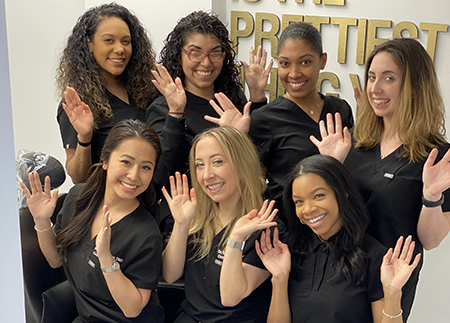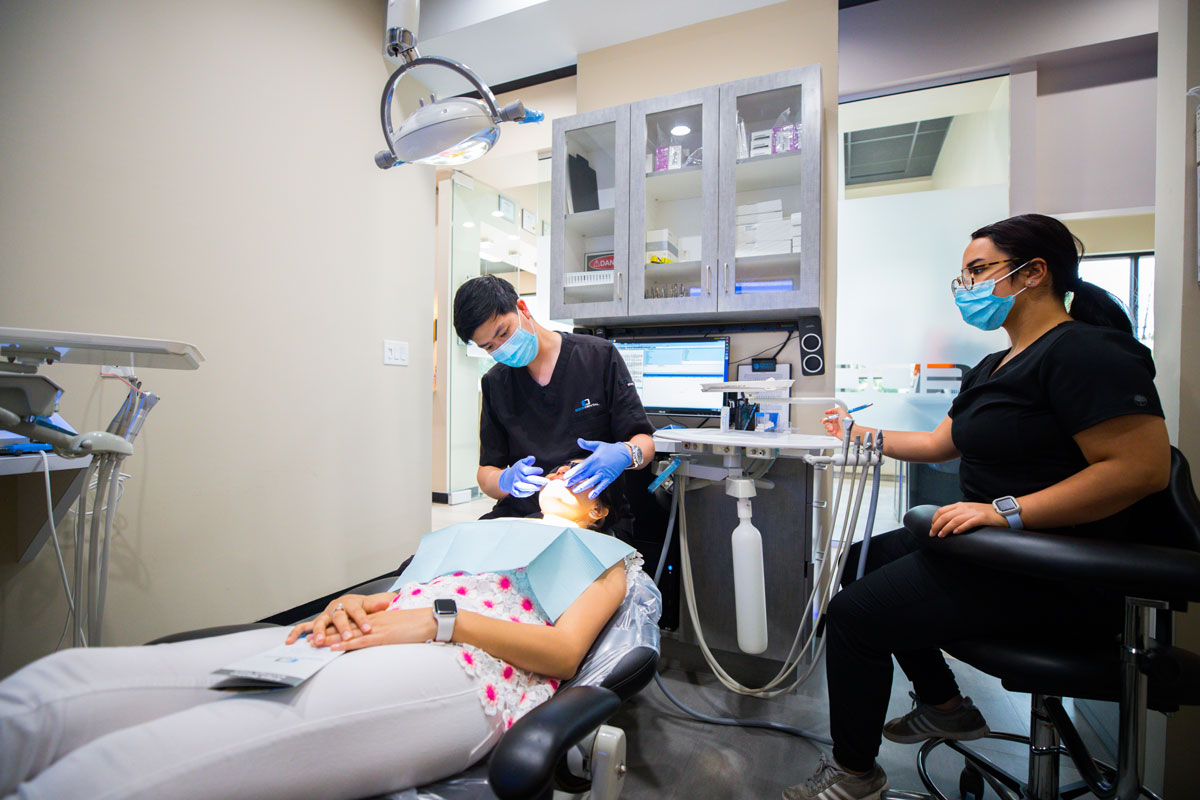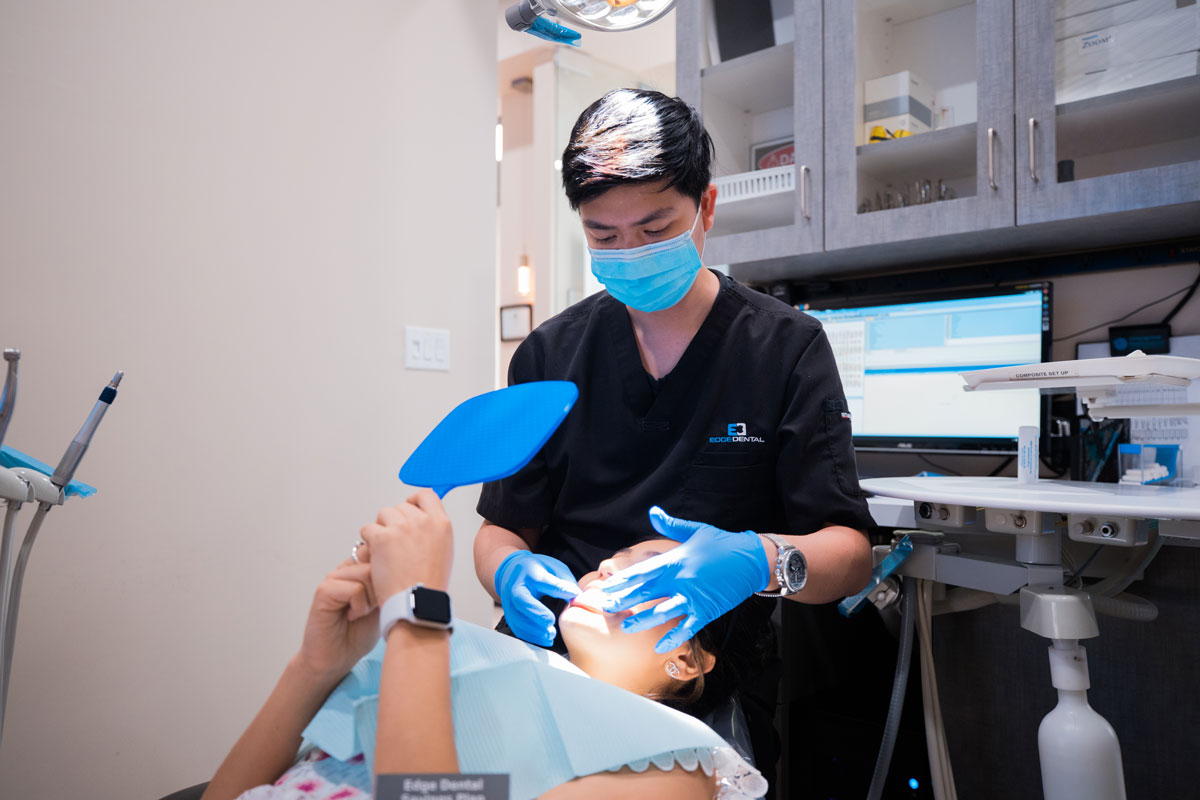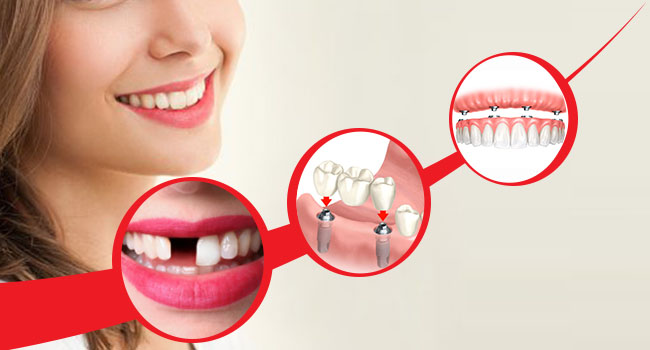When it comes to achieving a flawless, radiant smile, few cosmetic dental procedures can compare to the transformative effect of porcelain veneers. At Smile Studio in Manhattan, patients are experiencing dramatic results with these natural-looking veneers that not only enhance their appearance but also restore confidence. Whether you're looking to correct imperfections, brighten your smile, or enjoy a more youthful look, porcelain veneers in NYC are an ideal solution for many.
What Are Porcelain Veneers?
Porcelain veneers are thin, custom-made shells that cover the front surface of your teeth. These shells are designed to look and feel like natural teeth, making them a popular choice for those seeking a beautiful, flawless smile. Veneers can correct various cosmetic dental issues, such as chipped, stained, uneven, or misaligned teeth. Unlike traditional crowns, which cover the entire tooth, Manhattan porcelain veneers only cover the front portion, providing a more conservative and minimally invasive solution.

Why Choose Porcelain Veneers in NYC?
Manhattan residents recognize porcelain veneers as the top cosmetic procedure because they meet the area's demanding aesthetic standards. Dentist in Manhattan develop superb porcelain veneers, which combine natural tooth appearance with a perfect match to your original dentition. The porcelain veneers use high-quality material that exactly duplicates tooth enamel transparency to create an appearance that matches natural dental aesthetics.
The Smile Studio Manhattan Difference
The Manhattan branch of Smile Studio puts patient-specific care together with outstanding outcomes at the forefront of their operations. The staff provides dedicated service throughout treatment to deliver veneers that look natural and authentic. Malpractice at Smile Studio is prevented because their expert dental personnel dedicate time to designing veneer sets that integrate with individual patient facial characteristics and dental features.
Your facial characteristics, combined with your desired smile results and oral health status, receive a detailed assessment from the team for creating perfect custom veneers.

Benefits of Natural-Looking Veneers
One of the key reasons patients choose porcelain veneers Manhattan is their natural look with their teeth. Other cosmetic dental treatments fail to reproduce natural tooth light reflection, but porcelain veneers achieve both beauty and subtlety through this identical reflecting capability. These dental fixtures serve people who wish to achieve smile improvement while maintaining an unnoticeable treatment effect.
Your smile will stay brilliant and white with porcelain veneers because they are highly durable and withstand staining well. Worn properly, porcelain veneers maintain their excellent performance for a decade or more to give you an enduring cosmetic investment.
Porcelain Veneers in Manhattan: The Perfect Choice for a Stunning Smile
Smile Studio represents the primary choice for acquiring beautiful, genuine-looking veneers for anyone who wants dental veneers in Manhattan. Expert dentistry and high-quality porcelain veneers at Smile Studio guide patients toward their dream smile. Smile Studio provides both porcelain veneer services from NYC and experienced expert dental guidance for Manhattan patients who want to achieve an impressive, flawless smile.
Summary
Porcelain veneers offer a fantastic way to enhance your smile with natural-looking results. For those in Manhattan looking to perfect their teeth, Smile Studio is the place to go for the best porcelain veneers NYC has to offer. Don’t wait to get the beautiful, confident smile you deserve—schedule your consultation today.









